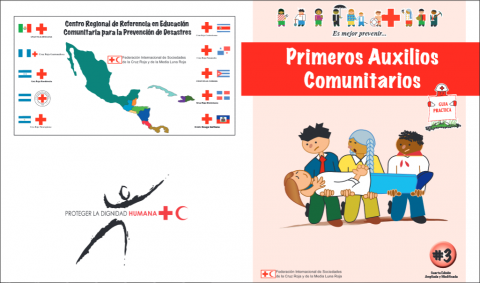Think Tsunami
Excellent video, in Japanese with English subtitles, on the effects of powerful Tsunami and how we can best prepare for them. The video also highlights a lot of myths and mistruths about Tsunami behaviour that must be weeded out if lives are to be saved. From the Japan Meteorlogical Agency

